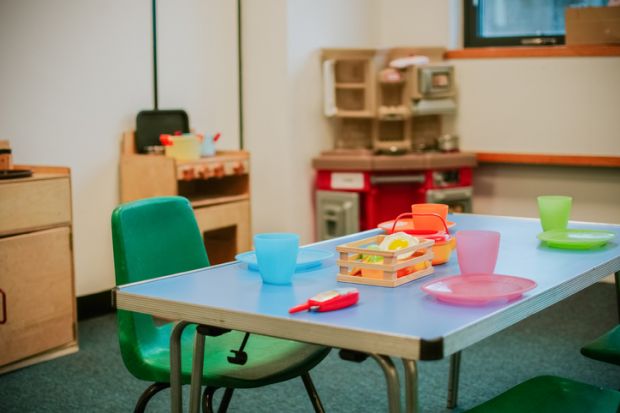The number of graduates being trained to become teachers in England has fallen to the lowest level in at least eight years.
As analysis revealed that some universities had seen drastic falls in demand, experts warned that the quality of pupils’ education would be increasingly affected by shortages.
Department for Education figures show there were 26,955 new entrants in initial teacher training (ITT) across England in 2022-23 – a 5 per cent fall from the year before.
It was also 33 per cent below the high level recorded during the Covid-19 pandemic in 2020-21, and the lowest figure recorded since at least 2015-16.
With 15 out of 18 secondary subjects missing their targets, Jack Worth, school workforce lead at the National Foundation for Educational Research (NFER), said policymakers should be enormously concerned.
He said the “dire” figures confirmed that teacher supply was a critical issue, and called for the government to take urgent measures to improve the attractiveness of teaching as a profession.
“Without such action, the quality of pupils’ education – particularly in disadvantaged areas – will be increasingly affected by these shortages,” he said.
Of the 26,955 new entrants, 35 per cent did so via “school-centred” ITT and the remaining 65 per cent at higher education institutions.
This latter figure was down from 68 per cent the year before and a peak of 75 per cent in 2020-21.
Analysis by Times Higher Education reveals which universities with at least 100 new entrants in either of the last two years saw the biggest falls in demand.
The number of new entrants at the University of Plymouth fell from 220 to 75 year-on-year – a 66 per cent drop.
Staffordshire University (28 per cent) and Leeds Beckett University (27 per cent) also saw substantial decreases.
Edge Hill University saw a 21 per cent fall, but remains the largest trainer of teachers in England.
“Teacher recruitment has been in crisis for some time and these new figures only make the picture starker,” said Philip Nye, a data scientist at the Institute for Government.
Mr Nye said there had long been a problem in subjects such as physics but it was also becoming increasingly apparent in other areas such as art and design.
“The government needs to think more about how teaching can be made a more attractive career, listening to teachers’ concerns about workload and the lack of flexible working arrangements,” he said.
The north-east was the only region of the country to see an increase in new ITT entrants to higher education institutions. By contrast, the number fell by 17 per cent in universities across Yorkshire and the Humber.
Catherine McKinnell, Labour’s shadow schools minister, said: “The Conservatives are overseeing a catastrophic shortfall in teacher recruitment that is leaving children without the expert teachers they need.
“Ministers have no idea how to reverse this trend, simply relying on the goodwill of staff going above and beyond to try and plug gaps.”
A DfE spokesperson said the department was taking long-term decisions to build up incentives, cut workload and increase the routes into the teaching profession.
“We are boosting our recruitment incentives with special bonuses of up to £30,000 after tax over the first five years of their careers for those who teach key subjects,” the spokesperson said.

